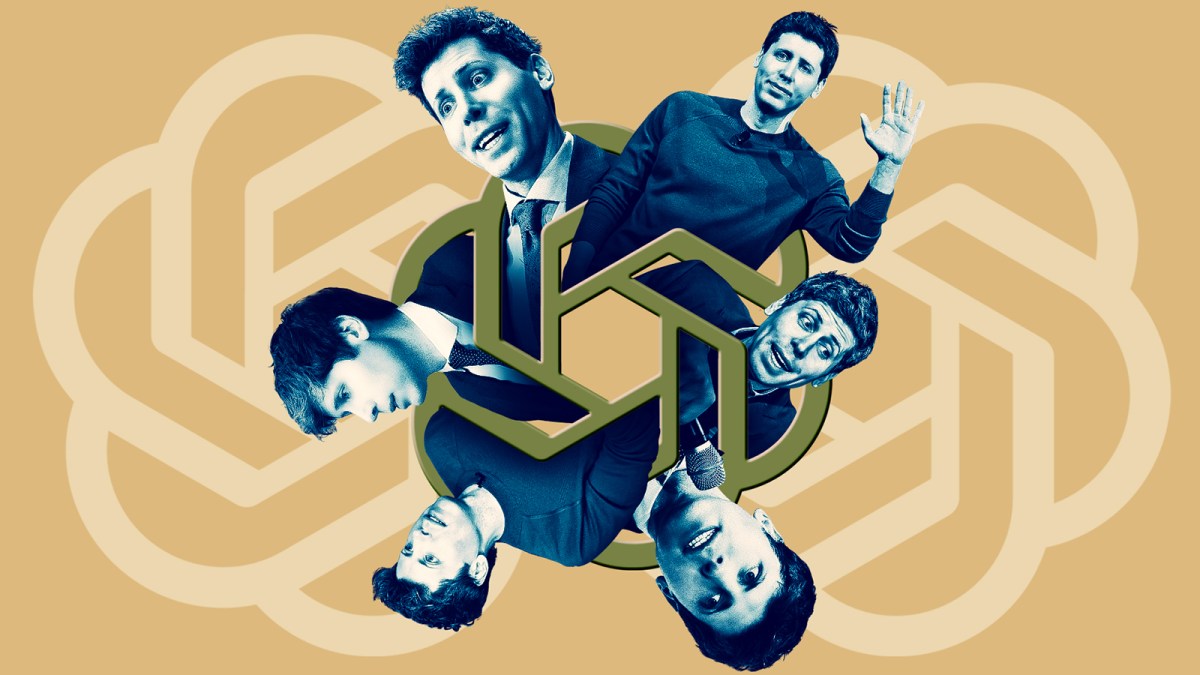Sam Altman’s Dismissal and Reinstatement at OpenAI: A Five-Day Timeline

The Turbulent Journey of OpenAI’s Sam Altman
In November 2022, OpenAI launched ChatGPT, an innovative AI chatbot capable of generating comprehensive text responses to complex questions, capturing global attention. This release was a significant achievement for Sam Altman, co-founder and CEO of OpenAI. However, a year later, Altman’s leadership faced turmoil when he was unexpectedly removed from his position, only to be reinstated shortly thereafter. This brief power struggle reveals the deep-seated tensions within OpenAI and highlights the challenges of overseeing transformative technology.
Sam Altman: A Promise of Transparency
In June 2023, Sam Altman asserted his commitment to accountability, stating, “I don’t have super-voting shares. I don’t want them. The board can fire me. I think that’s important.” Despite this pledge, discontent simmered within OpenAI’s nonprofit board, comprised mostly of "independent" directors who felt Altman was dominating decision-making.
Initial Signs of Conflict
The rift began to surface after ChatGPT’s launch. The board struggled to agree on appointing a new director for AI safety oversight, leading to internal tensions. Brian Chesky, CEO of Airbnb and an ally of Altman, noted there was a “little bit of a power struggle.”
Dissatisfaction deepened when three board members supporting Altman resigned, leaving a gap that raised concerns about the company’s governance. Adam D’Angelo, CEO of Quora, expressed a desire for improved accountability, acknowledging the growing impact of the board’s decisions.
Key concerns included:
- Increasing stakes in AI technology
- Distrust towards Altman’s leadership
- Inadequate communication regarding safety oversights
Tension Over Internal Governance
Concerns escalated when some board members doubted Altman’s commitment to the deployment safety board (DSB), which was designed to assess risks associated with new products. The board’s alarm grew when they learned about issues involving Microsoft, one of OpenAI’s partners, through an employee rather than Altman, indicating a lack of direct communication about critical matters.
The Boardroom Coup
Amidst rising tensions, a dinner conversation revealed that returns from OpenAI’s Startup Fund had not been appropriately disclosed to investors. Following further inquiries, it became evident that Altman personally controlled the fund, blindsiding many board members and raising questions about transparency.
As conversations progressed, some board members, notably Ilya Sutskever, began signaling that Altman’s management style was causing chaos. Murati, OpenAI’s Chief Technology Officer, shared her concerns with board member Helen Toner about Altman’s leadership strategy, which included manipulation and undermining others when necessary.
The Decision to Fire
On November 16, 2023, following a series of meetings, the board decided to terminate Altman’s position and removed another ally, Greg Brockman, from the board. Despite the lack of disclosure about the reasons for Altman’s firing, a statement claimed he was “not consistently candid” with the board. This decision was met with shock and disbelief, leading to widespread media coverage.
The Aftermath of the Ouster
Following Altman’s firing, OpenAI staff experienced panic. Employees were left puzzled during an all-hands meeting led by Murati and Sutskever, where questions focused on the reasons behind Altman’s ousting. Many employees, feeling uncertain about their future, thought the termination would jeopardize fundraising initiatives that could provide significant financial benefits.
Meanwhile, OpenAI’s board faced internal conflict, with its legal counsel arguing for greater transparency. As the fallout became evident, Altman received overwhelming support from employees, many of whom threatened to leave for Microsoft if he and Brockman were not reinstated.
Altman’s Return
After several discussions and considering mounting pressure from employees, a deal was struck on November 21, allowing Altman’s return as CEO, albeit not to the board. In a deal aimed at stabilizing leadership, independent members of the board stepped down, and Lawrence Summers was suggested as a new board member.
The episode, later referred to by OpenAI employees as “the blip,” left Altman in a stronger position than before. This saga underscores the complexity of managing a pioneering tech company, highlighting the intricate balance of power, governance, and accountability essential for success in an era defined by rapid technological advancements.





